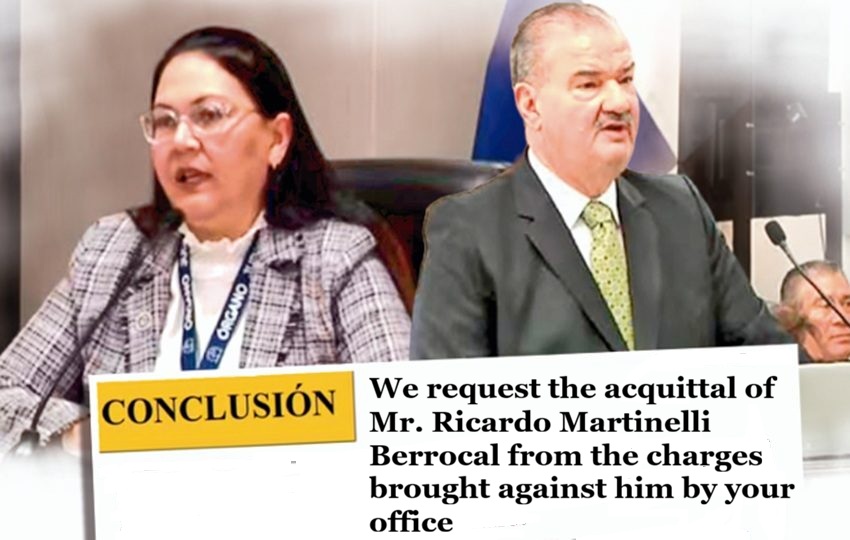Appeals Court stays execution of mother of 14

A Texas appeals court on Monday stayed the execution of Melissa Lucio, an American of Mexican origin sentenced to death for the murder of her daughter after a controversial trial, two days before the scheduled date.
Another Texas court will review the information from her attorneys.
The defense affirms that new scientific evidence exonerates its client and that the conviction was motivated by false testimony. They assure that the death of Melissa Lucio’s daughter, Mariah, was an accident, not a murder.
“I am grateful to the court for giving me the opportunity to live and prove my innocence” and “for having more days to be a mother to my children and a grandmother to my grandchildren,” said Melissa Lucio, who has been claiming her innocence for 15 years.
In recent weeks appeals for clemency have multiplied, such as that of Kim Kardashian, in favor of the woman with 14 children.
Many congressmen from the Republican Party, which often advocates the death penalty, had called for clemency, with one of the jurors who convicted her expressing “deep regret” that she had been sentenced to death.
In 2007, her 2-year-old daughter Mariah was found dead in her home, covered in bruises, days after falling down the stairs.
Melissa Lucio, who has suffered physical and sexual assaults in her life, in addition to drug addiction and poverty, was declared a suspect.
The Confession
After a long interrogation, they extracted a confession from her, says Sabrina Van Tassel, director of the documentary The State of Texas vs. Melissa.
“I guess I did,” Melissa Lucio replied to investigators, referring to the bruises.
After a controversial trial, she was sentenced to death. According to her defense, her experts did not take into account the girl’s disabilities, which could explain her fall, nor the fact that the bruises could be due to a circulatory disorder. None of Melissa’s children accused her of being violent.
The prosecutor was later sentenced to prison for bribery and extortion, in a case unrelated to that of Melissa Lucio.
“Melissa is entitled to a new fair trial,” said Tivon Schardl, one of her attorneys.
It is unusual for women to be executed in the United States: just 17 since 1976, when the Supreme Court reinstated the death penalty, according to the Death Penalty Information Center.
On Friday, the Inter-American Commission on Human Rights (IACHR), an organ of the Organization of American States (OAS), urged the United States to refrain from executing Lucio.





